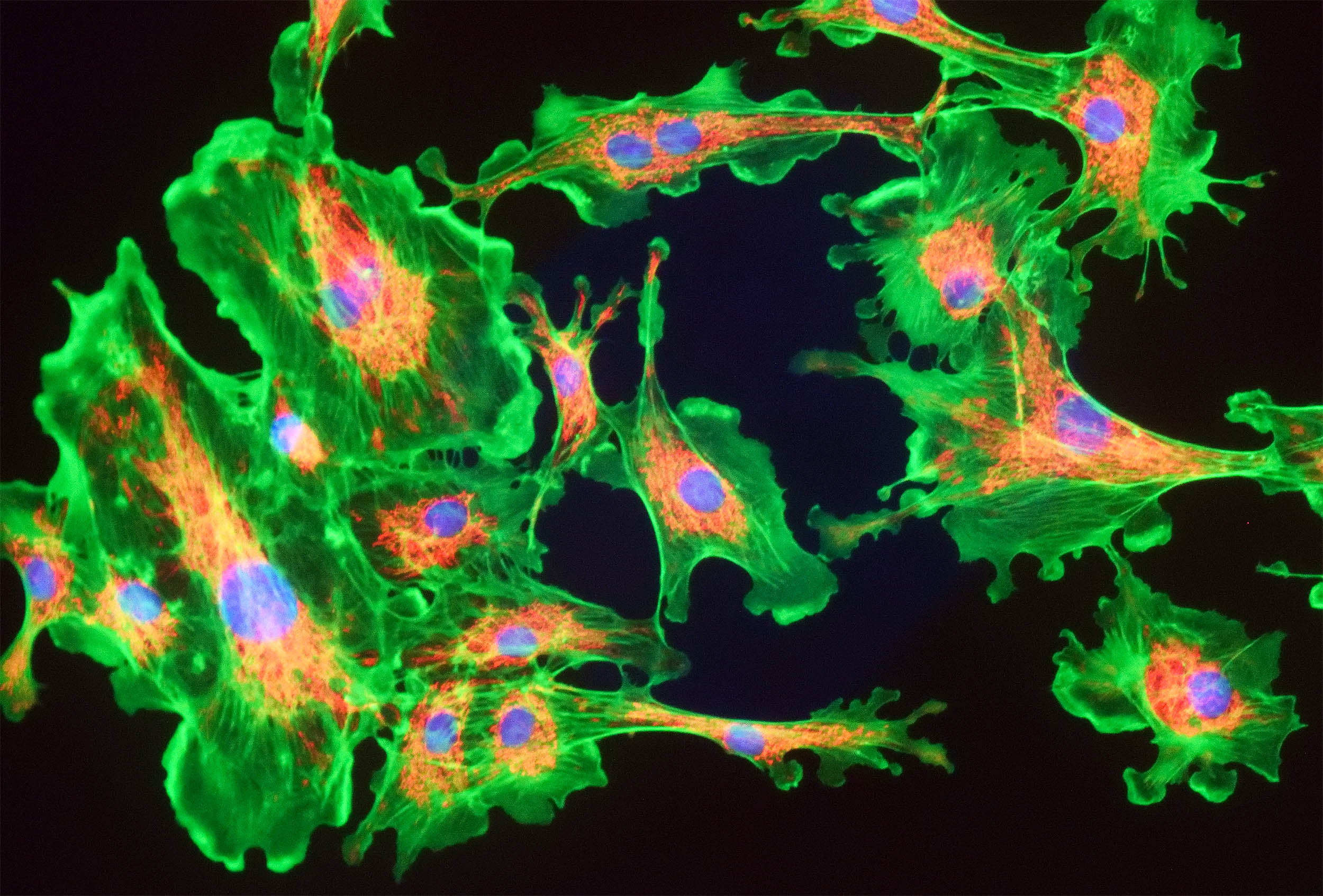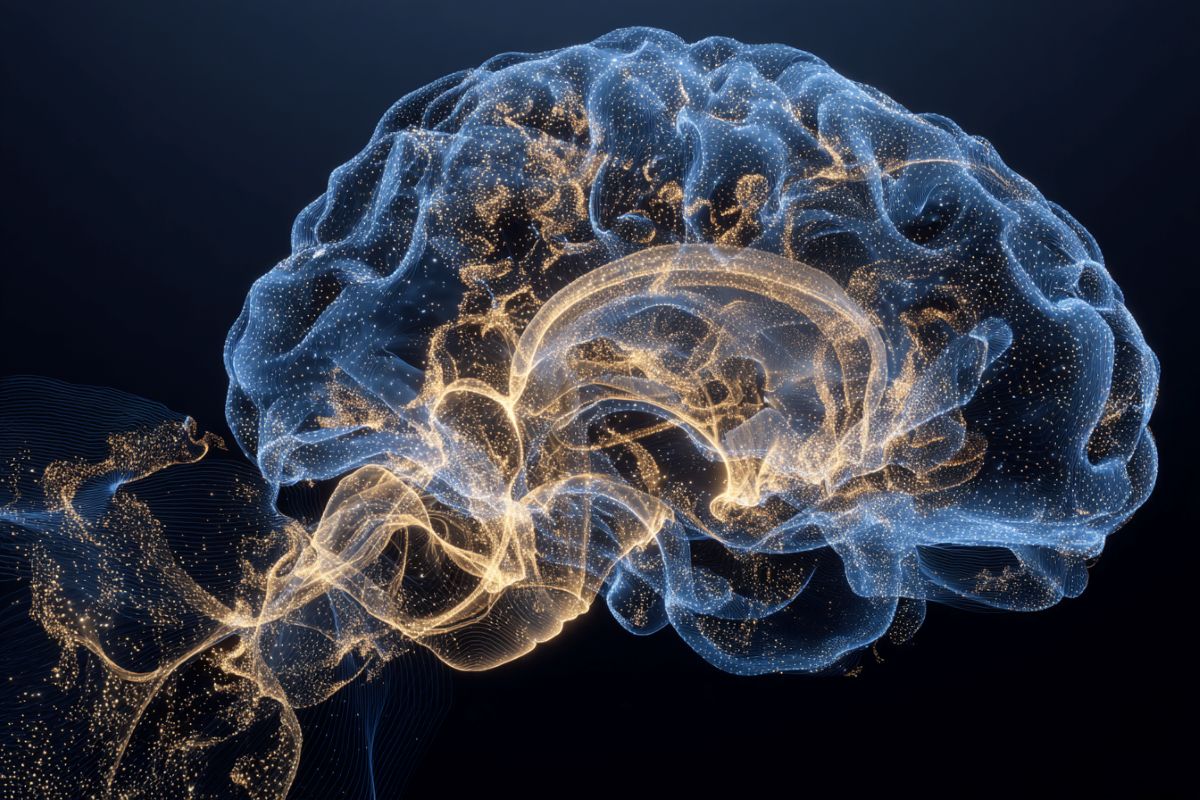A French and Canadian team used a molecular switch to boost energy production from mitochondria inside brain cells, restoring memory in mice with dementia-like symptoms. The work links energy failure in neurons to cognitive problems and points to a new target for therapy, as shown in a recent study. The brain burns through fuel quickly, and trouble starts …
Read More »Tag Archives: memory
Snapchat caps free Memory storage, launches paid storage plans
After nearly a decade of serving as a digital time capsule for moments from your life, Snapchat is now putting a price on its Memories features. The social media giant announced that free access to the feature will be limited to 5GB. If your memories exceed this limit, you’ll need to subscribe to one of its new Memories Storage plans. …
Read More »AMD’s Newest Patent Brings a Gigantic Boost to Memory Performance By a Multi-Chip DRAM Approach; Immensely Benefitting APUs As Well
AMD’s latest DRAM-focused patent effectively doubles memory bandwidth without faster DRAM silicon, but rather through changing the on-module logic. AMD’s Patent Has Managed To Double Memory Bandwidth Without Advancing The DRAM Silicon Hardware-focused upgrades always have limitations since they come with the ‘overhead’ of upgrading architectures or revamping logic/semiconductor utilization. However, with AMD’s new patent, the firm has effectively managed …
Read More »Colorful X870E iGame Vulcan spotted with two memory slots, built for AM5 overclocking – VideoCardz.com
Colorful X870E iGame Vulcan spotted with two memory slots, built for AM5 overclocking VideoCardz.com AMD AM5 Chipsets Explained: X870, B850, B840, A620 Compared for Ryzen 7000 and 9000 NoobFeed Colorful Preps Several OC-Ready AM5 Motherboards For AMD Ryzen CPUs: B850M ARK With BCLK Generator & X870E Vulcan With Dual DIMM Design Wccftech Don’t Buy an Expensive AMD Motherboard, Buy One of These Instead How-To …
Read More »Forget the Expensive ‘Memory Improvement’ Pills: Here’s What Can Really Help – Money Talks News
Forget the Expensive ‘Memory Improvement’ Pills: Here’s What Can Really Help Money Talks News Source link
Read More »Having half teaspoon of this oil daily with warm water can improve memory – Times of India
Having half teaspoon of this oil daily with warm water can improve memory Times of India This low-cost supplement may sharpen memory and help prevent dementia, new research says – Metabolic OkDiario Using This Pantry Staple Every Day May Improve Your Brain Health, According to Experts—Here’s How to Keep It Fresh EatingWell Natural food metabolites may revolutionise Alzheimer’s treatment, says Okei The Guardian Nigeria …
Read More »Micron Technology Scrambles to Meet Soaring Memory Demand – The Wall Street Journal
Micron Technology Scrambles to Meet Soaring Memory Demand The Wall Street Journal Micron beats on earnings as company sales rise 46% on AI boom CNBC Micron’s Q4 earnings surpass Wall Street’s expectations in latest test of AI trade Yahoo Finance Micron Needs a Rosy Outlook to Justify Its Soaring Stock Price Bloomberg Micron Earnings: What to Expect—and How the Stock Might React Barron’s Source link
Read More »Adding this common ingredient to diet can improve memory and reduce Alzheimer’s risk
For years, ways to prevent or slow Alzheimer’s disease has been a concern among scientists. AD is the most common form of dementia, which affects 60 to 70% of the 57 million dementia patients globally, as per WHO. Medications for this disease have had limited success. Families of Alzheimer patients often went hopeless. But now a fascinating study has offered …
Read More »Brain Balances Rhythms to Switch Between Memory Recall and Novelty
Summary: Researchers discovered how the brain flexibly switches communication pathways depending on context, balancing between memory recall and processing new information. The mechanism depends on the interaction of slow (theta) and fast (gamma) rhythms, regulated by distinct inhibitory circuits. In familiar environments, neurons prioritize reactivating stored memory, while in novel contexts, memory is updated with new sensory inputs. This dynamic …
Read More »Just 4 Days of Junk Food Can Rewire Your Brain’s Memory Center
Scientists have discovered that junk food can alter brain memory circuits within days. The research hints that early lifestyle interventions might help safeguard memory and prevent long-term cognitive decline. Credit: Stock A high-fat diet quickly disrupts neurons tied to memory, but restoring glucose or dietary changes can repair the damage. These findings may guide strategies to reduce dementia risk. Diet …
Read More »




